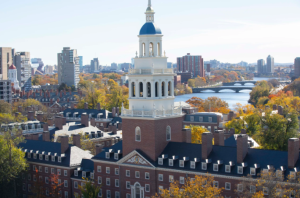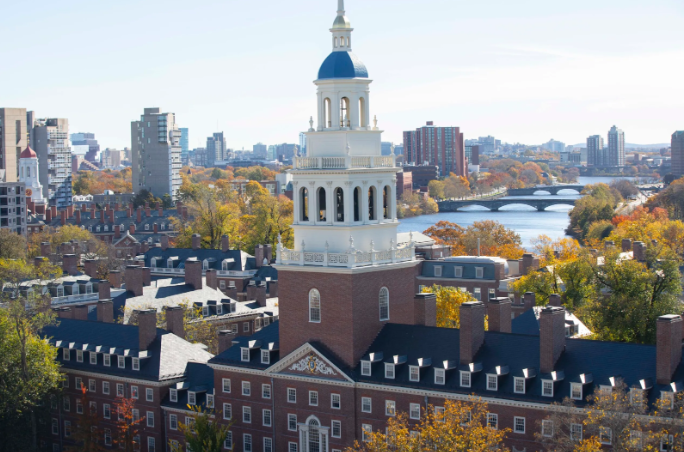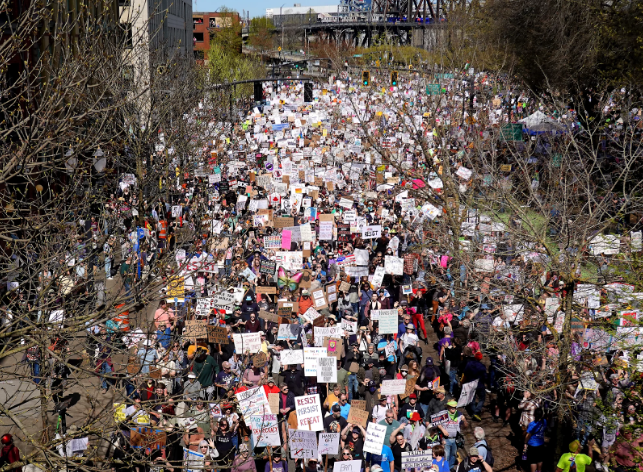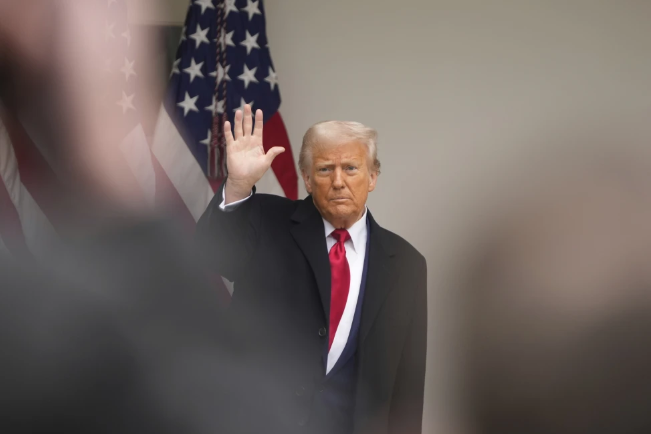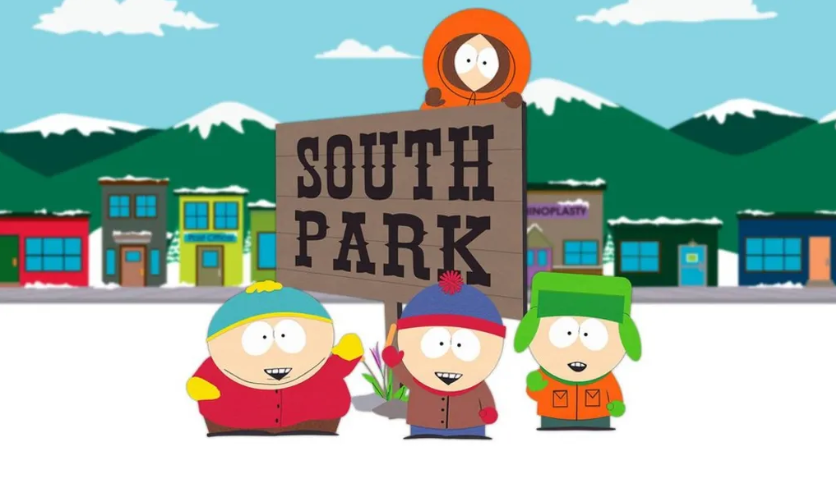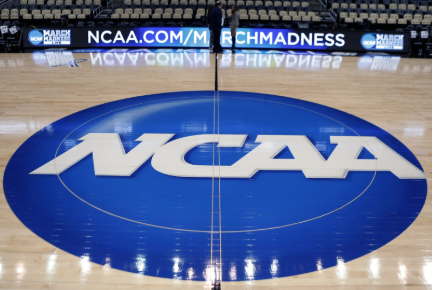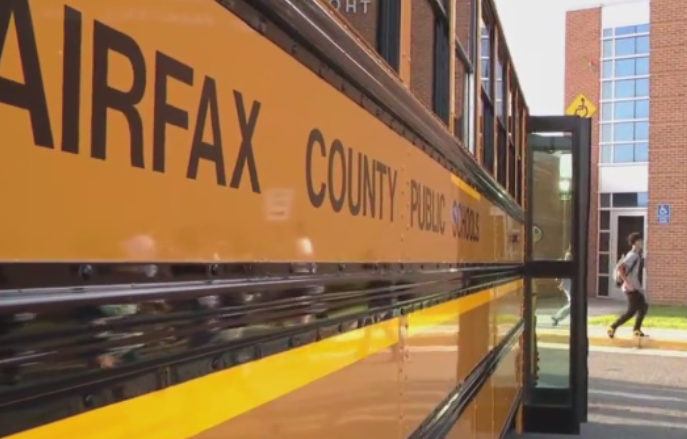In an attempt to implement new anti-DEI rules and anti-protest regulations, the Trump administration sent a list of demands to Harvard to implement with the threat of stopping federal funding if the school refused to comply. Harvard, a private university, is not explicitly under the authority of the Department of Education, but still receives federal grants for its operation.
Harvard rejected these demands, citing freedom of speech and assembly concerns, as well as calling out the government overreach involved in placing financial pressure on private institutions to bend to an enforced narrative. In response, the federal government froze over $2 billion in grants, affecting mostly research and student aid in the short term.
“The gravy train of federal assistance to institutions like Harvard, which enrich their grossly overpaid bureaucrats with tax dollars from struggling American families is coming to an end. Taxpayer funds are a privilege, and Harvard fails to meet the basic conditions required to access that privilege,” the White House released, in a press statement following public criticism.
Harvard has since sued the government, claiming that the freezing of the funds was unlawful and violated First amendment rights. Harvard stated in its lawsuit that the president’s action was for “leverage to gain control of academic decision making at Harvard.” This would violate the first amendment rights of a private institution being able to control their own internal affairs.
Trump has publicly blasted Harvard and other higher education institutions in recent months for spreading diversity, equity, and inclusion curriculums, and for not properly ensuring the safety of Jewish students during pro-Palestine protests. He also threatened to pull an additional $1 billion from their grants, and has hinted at taking the rest of the total $9 billion in federal funding the institution receives annually.
In addition to funding freezes, the administration has also hinted at threatening the university’s tax exemption status and ability to grant student visas for foreign students in order to get the university to follow their demands.
These demands include access to admissions and hiring data, as well as opening their curriculum to external government audits and changes.
The administration has also targeted several other Ivy League universities with funding freezes, including Columbia, Brown, and Cornell.





